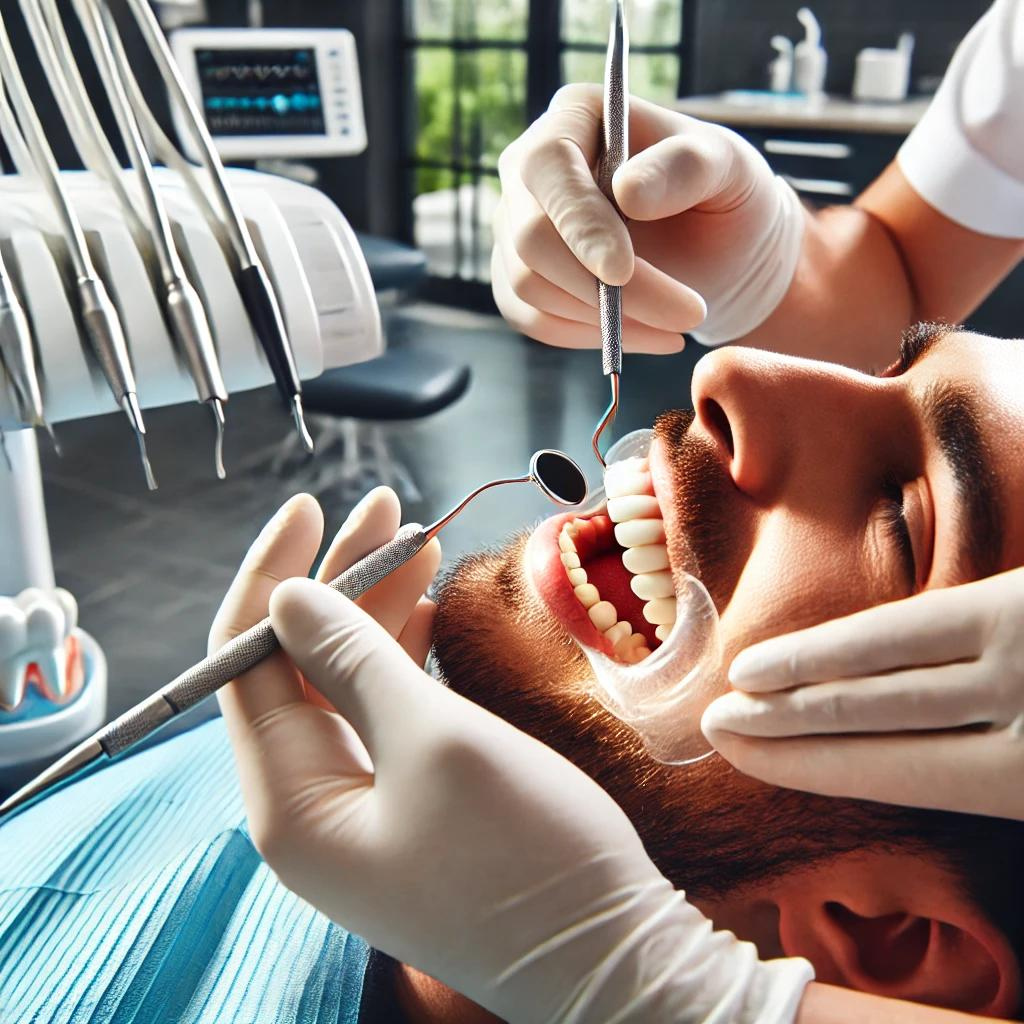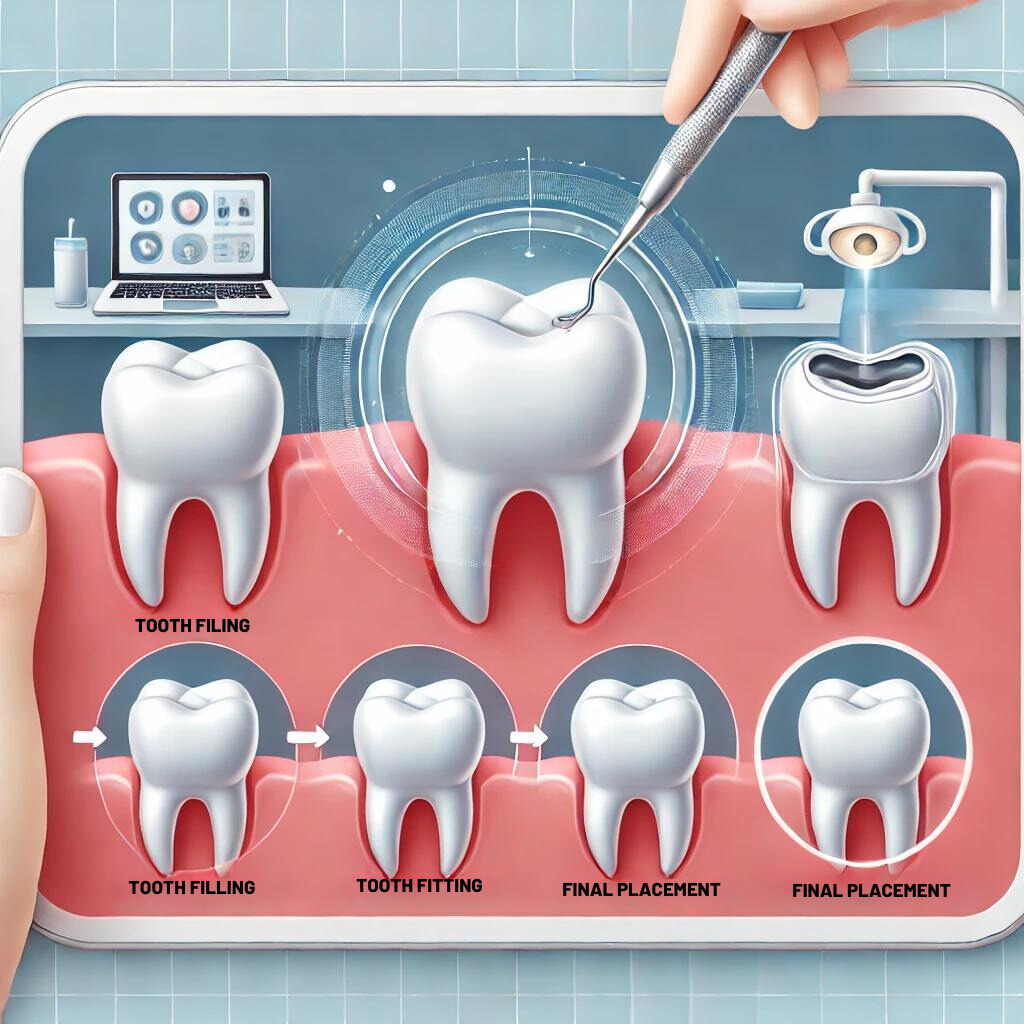Signs of Type 2 Diabetes
Signs of Type 2 Diabetes Recognizing the Signs of Type 2 Diabetes Introduction Are you or a loved one concerned about the possibility of developing Type 2 diabetes? Early detection and management of this condition are key to maintaining overall health and well-being. At Apollo Sugar Clinics, we specialize in helping individuals understand and manage Type 2 diabetes, providing comprehensive care and support for a healthy, balanced life. Understanding Type 2 Diabetes What Is Type 2 Diabetes? Type 2 diabetes is a chronic condition that occurs when your body becomes resistant to insulin or doesn’t produce enough of it to maintain normal blood sugar levels. This leads to elevated glucose in the bloodstream, which can cause various health complications over time. Type 2 diabetes is often associated with lifestyle factors such as poor diet, lack of physical activity, and obesity, though it can also develop due to genetic factors. Symptoms of Type 2 Diabetes Recognizing the early signs of Type 2 diabetes can help prevent complications. Common symptoms include: Increased Thirst and Frequent Urination: High blood sugar levels force your kidneys to work harder to remove excess sugar, leading to dehydration and frequent urination. Unexplained Weight Loss: Even though you may be eating more than usual, your body cannot efficiently use glucose, leading to unexpected weight loss. Fatigue: When your cells are deprived of sugar, your energy levels drop, leaving you feeling constantly tired. Blurred Vision: High blood sugar can cause swelling in the lenses of your eyes, resulting in temporary vision changes. Slow-Healing Sores or Frequent Infections: High blood sugar can weaken your immune system, making it harder for your body to heal wounds and fight infections. Type 2 Diabetes Treatments Immediate Treatments If you or a loved one is experiencing signs of Type 2 diabetes, immediate action can help manage blood sugar levels and reduce complications. Some quick steps include: Hydrate: Drinking water can help your body flush out excess glucose through urine. Dietary Changes: Reduce consumption of sugar and refined carbohydrates to help stabilize blood sugar levels. Physical Activity: Engaging in physical activity can help lower blood sugar by increasing insulin sensitivity. Long-Term Management Managing Type 2 diabetes long-term involves a comprehensive approach that includes lifestyle changes, medication, and regular monitoring. Healthy Eating: Focus on a diet rich in whole grains, lean proteins, and vegetables to regulate blood sugar. Regular Exercise: Aim for at least 150 minutes of moderate exercise per week to improve insulin sensitivity. Blood Sugar Monitoring: Regular blood glucose testing helps track your levels and adjust your treatment plan as needed. Medication: Oral medications or insulin therapy may be necessary to help maintain blood sugar control. Our Approach to Type 2 Diabetes Treatment at Apollo Sugar Clinics Comprehensive Assessment At Apollo Sugar Clinics, we begin with a thorough assessment of your health, including blood tests to measure glucose levels, HbA1c, and an evaluation of your lifestyle and family history. Personalized Treatment Plan Based on your assessment, our team will create a personalized treatment plan that fits your lifestyle and health needs. This may include dietary guidance, exercise recommendations, medication, and insulin therapy if needed. Ongoing Support and Monitoring We offer continuous support to help you manage Type 2 diabetes effectively. Our team will regularly monitor your progress, offer lifestyle advice, and make necessary adjustments to your treatment plan to ensure optimal outcomes. Why Choose Apollo Sugar Clinics? Expertise and Experience: Our dedicated team specializes in diabetes care and management, offering you the highest level of expertise. Patient-Centered Care: We believe in personalized treatment that focuses on your unique health challenges and lifestyle needs. Advanced Technology: Apollo Sugar Clinics are equipped with the latest technology for precise diagnosis and effective diabetes management. Comprehensive Services: We provide a full range of services, from nutritional counseling to medication management, to help you achieve long-term health. BOOK YOUR APPOINTMENT TODAY! If you or someone you care about is showing signs of Type 2 diabetes, don’t wait—schedule a consultation with Apollo Sugar Clinics. Our compassionate team is here to help you manage your condition and live a healthy, fulfilling life. F.A.Q 1. What is Type 2 diabetes? Type 2 diabetes is a chronic condition where the body either becomes resistant to insulin or doesn’t produce enough insulin to regulate blood sugar. This leads to elevated blood glucose levels, which can cause various health issues if not managed properly. 2. What are the common symptoms of Type 2 diabetes? Common symptoms include: Increased thirst and frequent urination Unexplained weight loss Fatigue Blurred vision Slow healing of wounds Frequent infections 3. What causes Type 2 diabetes? Type 2 diabetes is often caused by a combination of factors such as genetics, obesity, poor diet, lack of physical activity, and age. It develops when the body becomes resistant to insulin or doesn’t produce enough to maintain normal blood sugar levels. 4. Who is at risk of developing Type 2 diabetes? Individuals with a family history of diabetes, those who are overweight, inactive, have high blood pressure, or are over the age of 45 are at higher risk. However, Type 2 diabetes can develop in younger people as well, particularly those with unhealthy lifestyles. 5. Can Type 2 diabetes be prevented? Yes, in many cases. Healthy lifestyle choices such as regular exercise, maintaining a balanced diet, managing weight, and avoiding smoking can lower your risk of developing Type 2 diabetes. 6. How is Type 2 diabetes diagnosed? Diagnosis is typically done through blood tests, including fasting blood sugar levels, HbA1c (which measures average blood sugar over the past 2-3 months), and sometimes an oral glucose tolerance test.










